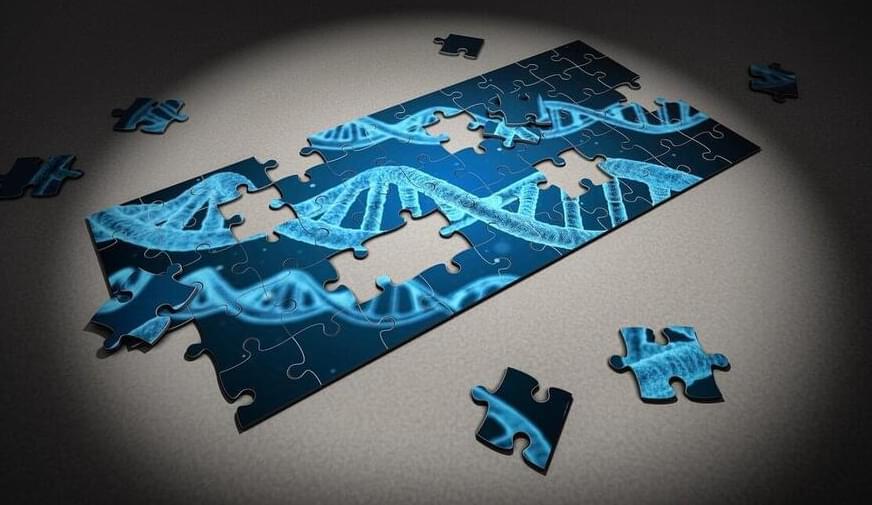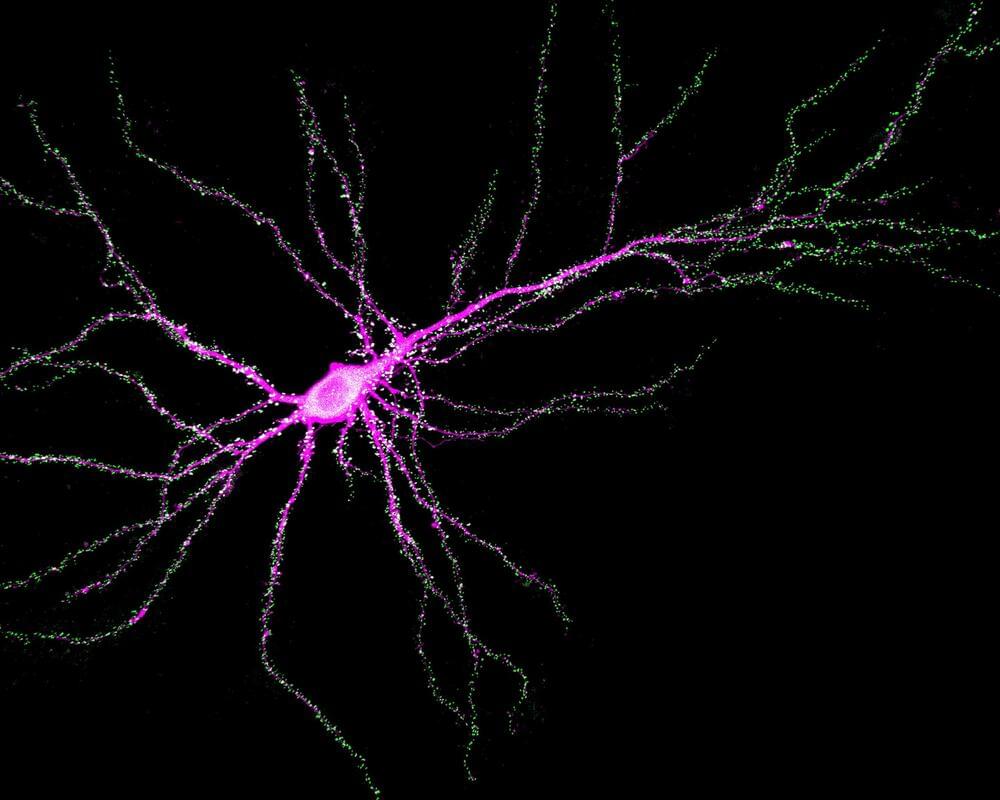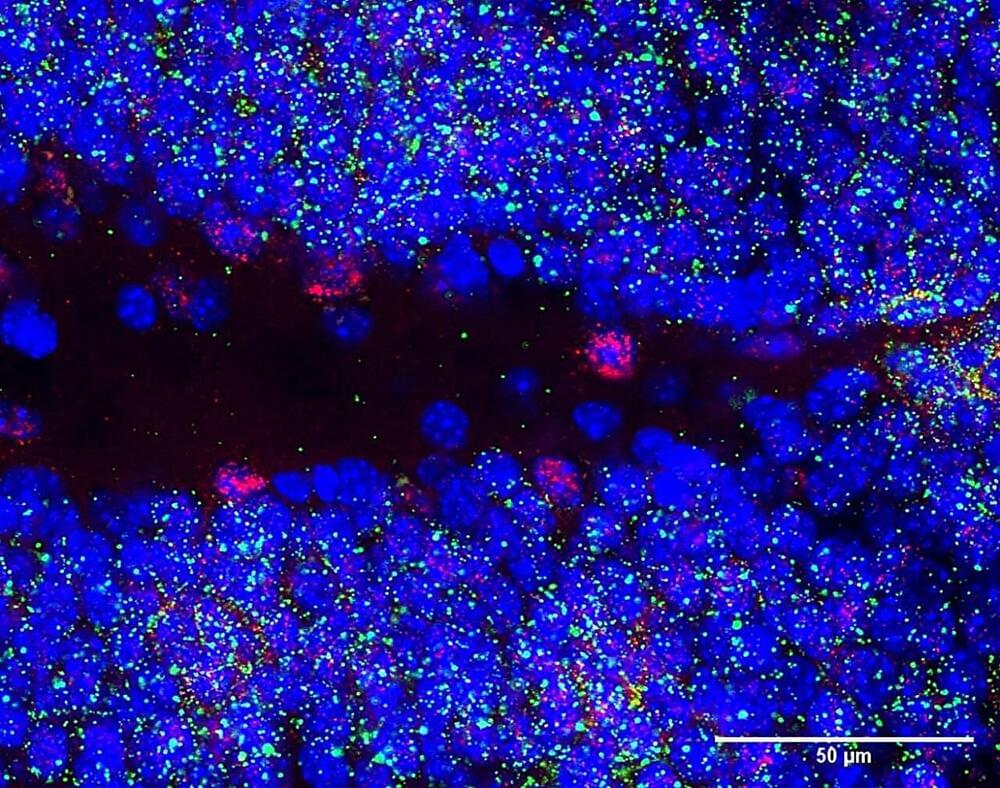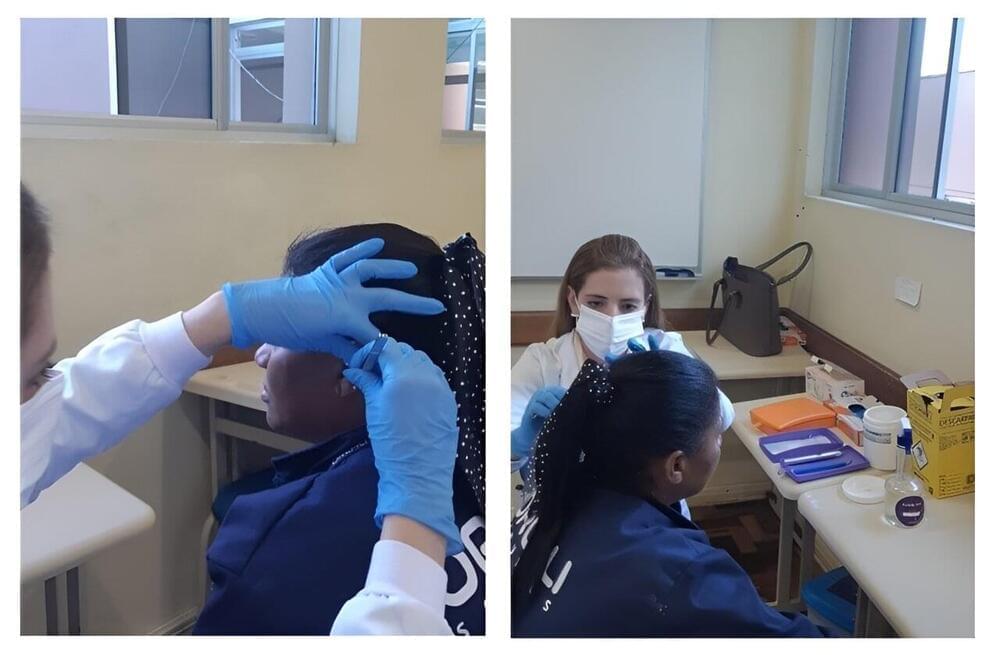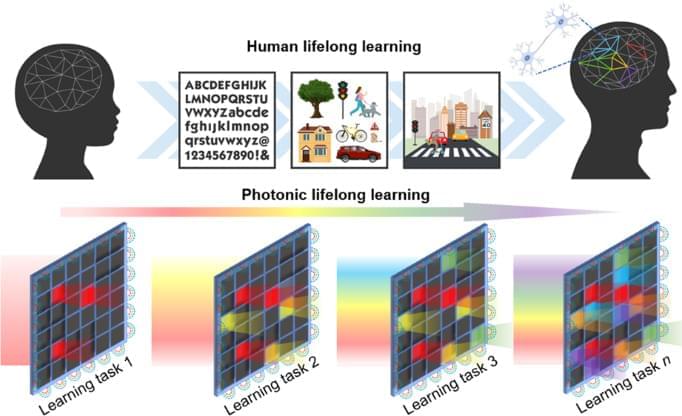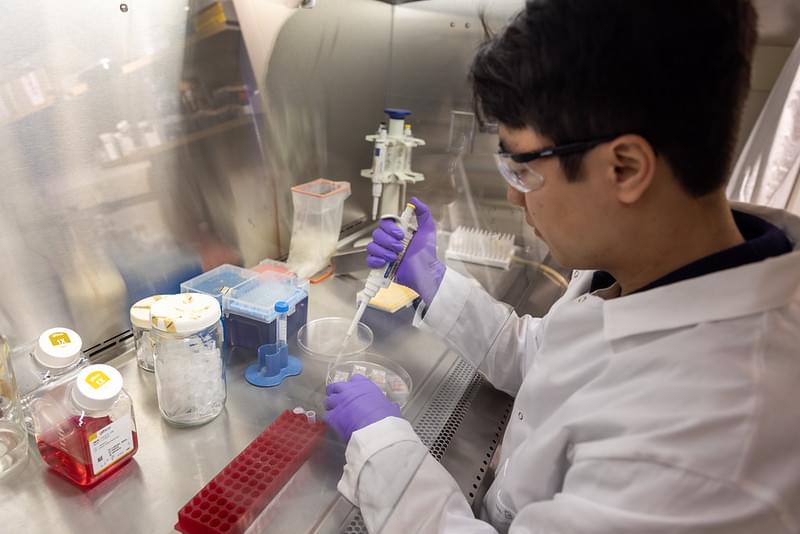Researchers at CHU Sainte-Justine and Université de Montréal have discovered a new mechanism involved in the expression of Down syndrome, one of the main causes of intellectual disability and congenital heart defects in children. The study’s findings were published today in Current Biology.
Down syndrome (SD), also called trisomy 21 syndrome, is a genetic condition that affects approximately one in every 800 children born in Canada. In these individuals, many genes are expressed abnormally at the same time, making it difficult to determine which genes contribute to which differences.
Professor Jannic Boehm’s research team focused on RCAN1, a gene that is overexpressed in the brains of fetuses with Down syndrome. The team’s work provides insights into how the gene influences the way the condition manifests itself.
